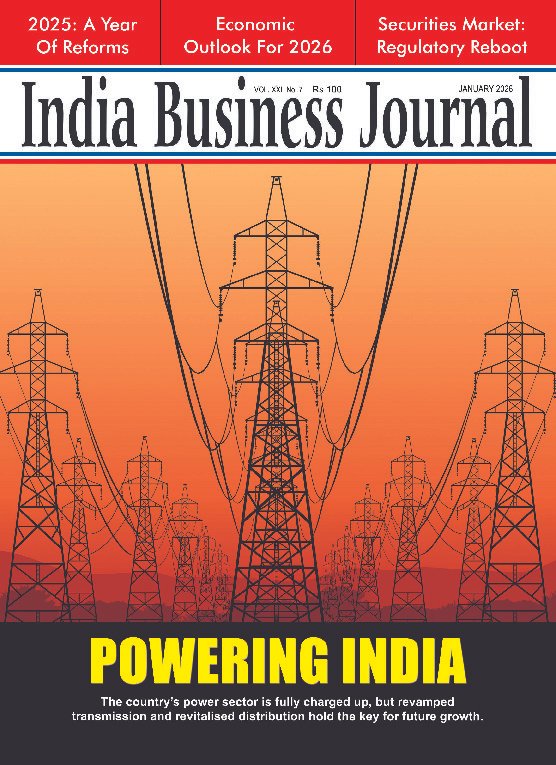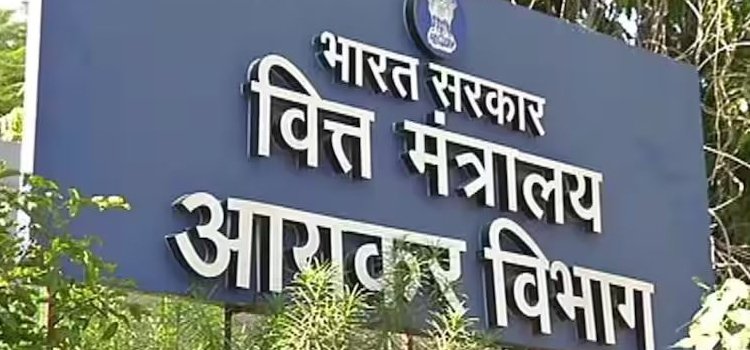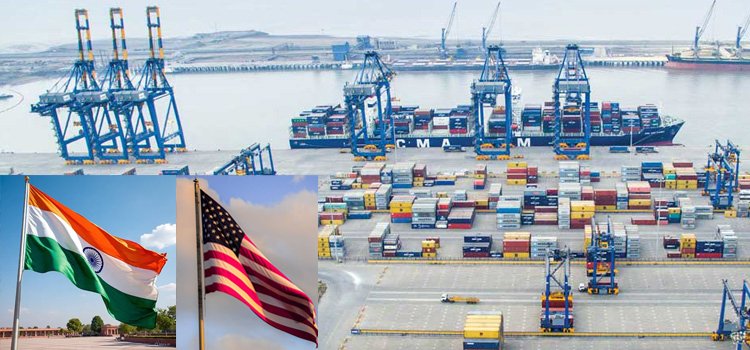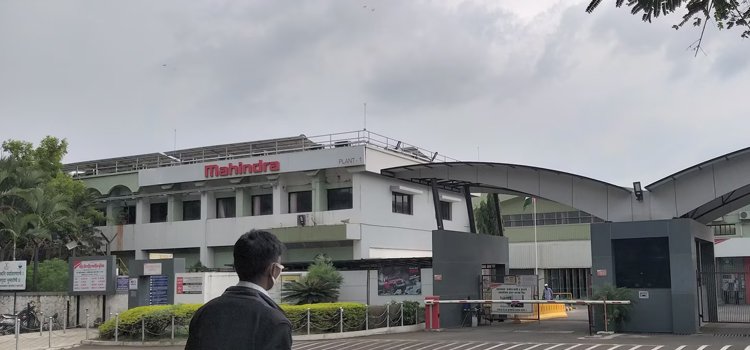WORLD
US junks Intel’s plan to raise chip production in China on security concerns
- IBJ Bureau
- Nov 13, 2021

The Biden administration on Saturday spurned a plan by Intel Corp to increase production in China over security concerns. This has dealt a setback to an idea pitched as a fix for US chip shortages, according to people familiar with the deliberations.
Intel, the world’s largest chipmaker, had proposed using a factory in Chengdu, China, to manufacture silicon wafers, said the people, who asked not to be identified because the discussions were private. That production could have been online by the end of 2022, helping ease a global supply crunch. But at the same time, Intel has been seeking federal assistance to ramp up research and production in the US.
When presented with the plan in recent weeks, Biden administration officials strongly discouraged the move, the people said.
The situation underscores the challenges of the chip shortage, which has hobbled the tech and auto industries, cost companies billions in lost revenue and forced plants to furlough workers. The administration is scrambling to address constraints, but it is also trying to bring production of vital components back to the US – a goal Intel’s China plan did not serve.
In a statement, Intel said that it remained open to “other solutions that will also help us meet high demand for the semiconductors essential to innovation and the economy”.
“Intel and the Biden administration share a goal to address the ongoing industry-wide shortage of microchips, and we have explored a number of approaches with the US government,” the company said. “Our focus is on the significant ongoing expansion of our existing semiconductor manufacturing operations and our plans to invest tens of billions of dollars in new wafer fabrication plants in the US and Europe.”
The episode comes as the White House is debating whether to restrict certain strategic investments into China. National Security Adviser Jake Sullivan has said that the administration is considering an outbound investment-screening mechanism and is working with allies on what it could look like. President Joe Biden is also set to meet virtually with Chinese President Xi Jinping on Monday.
A representative for the White House today declined to comment on specific transactions or investments but said that the administration was “very focused on preventing China from using US technologies, know-how and investment to develop state-of-the-art capabilities”, which could contribute to human rights abuses or activities that threaten US national security.





















Report By
View Reporter News